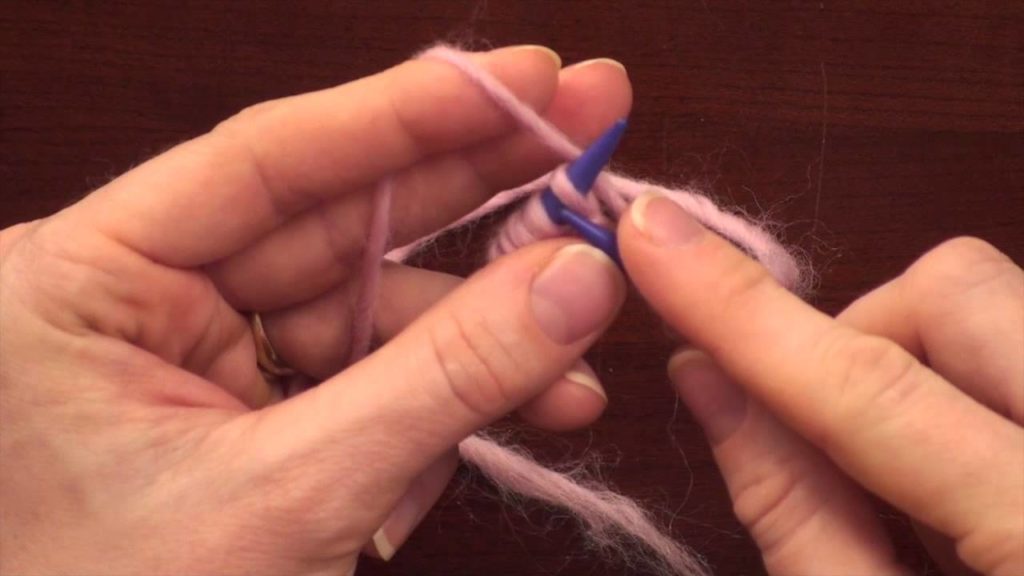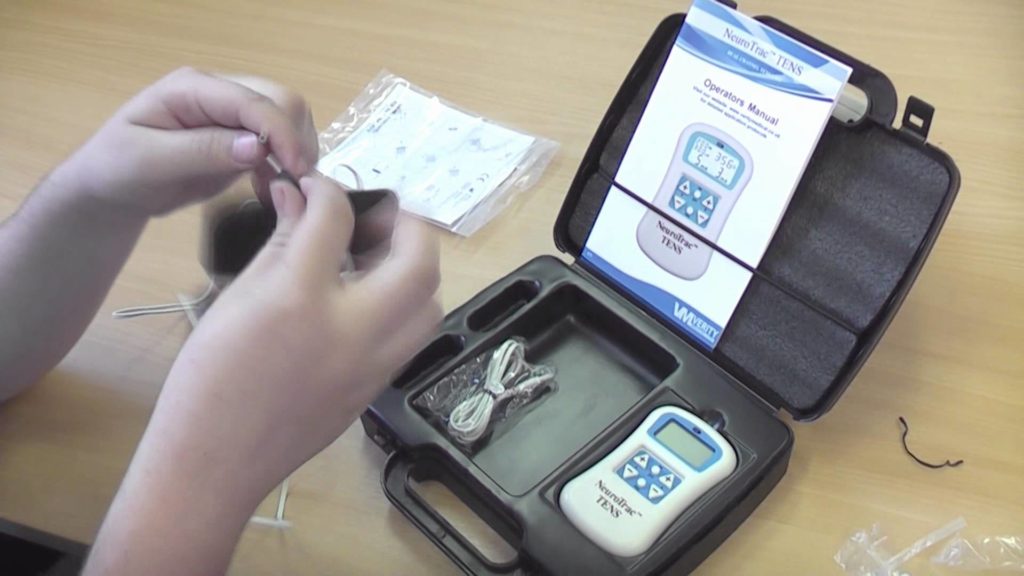Pins and needles (paraesthesia) is a pricking, burning, tingling or numbing sensation that’s usually felt in the arms, legs, hands or feet.
It doesn’t usually cause any pain, but it can cause numbness or itching.
Pins and needles is usually temporary, but can sometimes be long-lasting (chronic).
Temporary pins and needles
Most people have temporary pins and needles from time to time.
It happens when pressure is applied to a part of the body, which cuts off the blood supply to the nerves in that area. This prevents the nerves from sending important signals to the brain.
Putting weight on a body part (for example, by kneeling) or wearing tight shoes or socks can potentially cause pins and needles.
Temporary pins and needles can be eased by simply taking the pressure off the affected area. This allows your blood supply to return, relieving the numbness or tingling sensation.
Other common reasons for temporary pins and needles include:
a condition known as Raynaud’s disease – which affects the blood supply to certain areas of the body, such as the fingers and toes, and is usually triggered by cold temperatures or sometimes anxiety or stress
hyperventilating (breathing too quickly)
Long-lasting pins and needles
Sometimes, pins and needles can occur over a long period of time. It can be a sign of a wide range of health conditions, including:
diabetes – a condition in which there is too much glucose in the blood.
a compressed ulnar nerve – the ulnar nerve starts in your neck and runs down the inside of your upper arm to your elbow, then down to the little finger side of your hand; it can be compressed at any point, but the elbow is most commonly affected
carpal tunnel syndrome – pain, numbness and a burning or tingling sensation in the hand caused by a build-up of pressure in the small tunnel that runs from the wrist to the lower palm (the carpal tunnel)
sciatica – pain caused by irritation or compression of the sciatic nerve, which runs from the back of your pelvis, through your buttocks and down both legs to your feet
Persistent pins and needles can also occur after an injury, or be caused by certain treatments, such as chemotherapy.
When to see your GP
Most cases of pins and needles are temporary and the sensation disappears after the pressure is taken off the affected area.
See your GP if you constantly have pins and needles or if it keeps coming back. It may be a sign of a more serious underlying health condition.
Treatment for chronic pins and needles depends on the cause. For example, if it’s caused by diabetes, treatment will focus on controlling your blood glucose levels.
Other causes
Long-lasting pins and needles may also be caused by:
a condition that damages the nervous system – such as a stroke, multiple sclerosis or in extremely rare cases, a brain tumour
exposure to toxic substances – such as lead or radiation
certain types of medication – such as HIV medication, medication to prevent seizures (anticonvulsants), or some antibiotics
malnutrition – where the body lacks important nutrients because of a poor diet
nerve damage caused by infection, injury or overuse – for example, a condition known as hand-arm vibration syndrome may be the result of regularly using vibrating tools
cervical spondylosis – the bones and tissues of the spine can wear down over time, leading to trapped nerves and occasionally pins and needles




